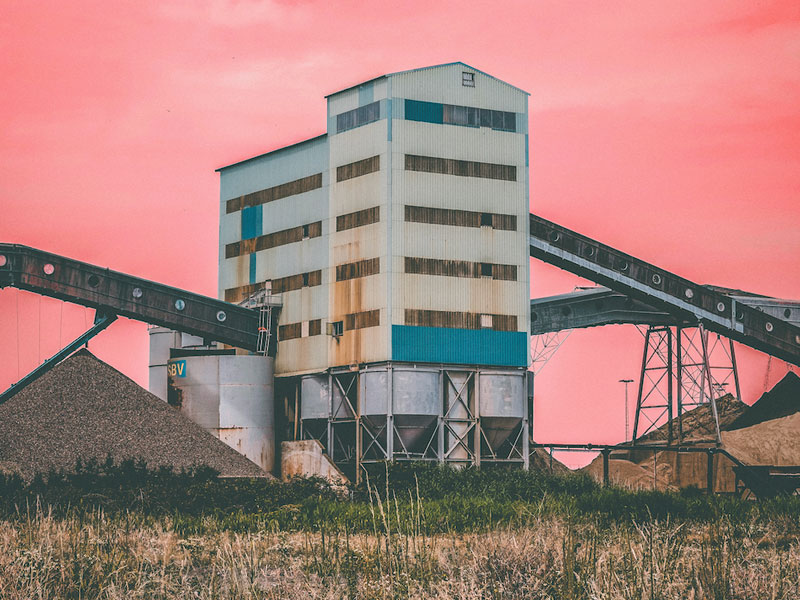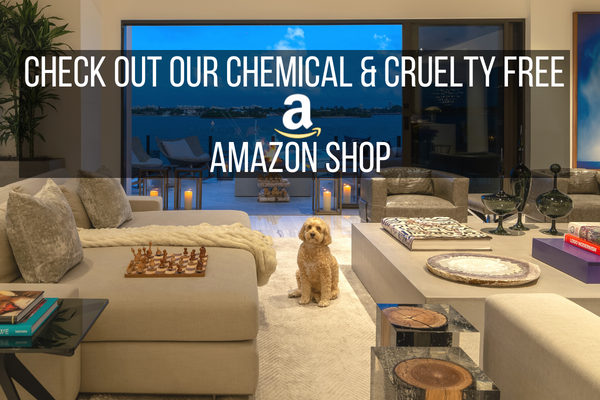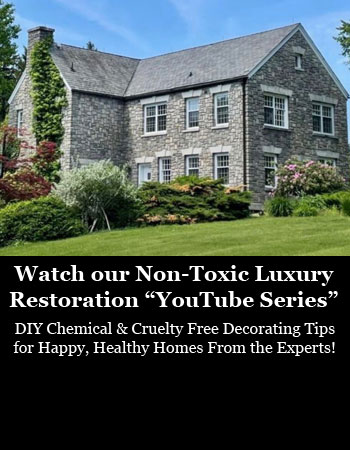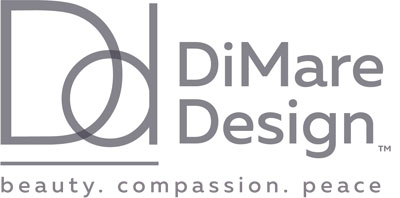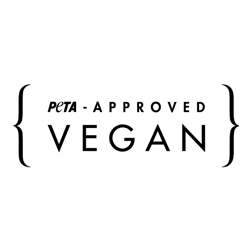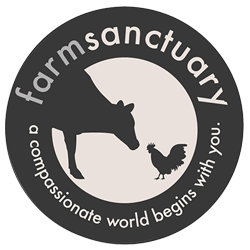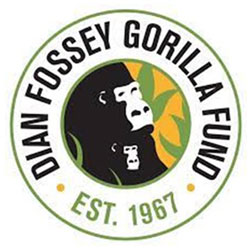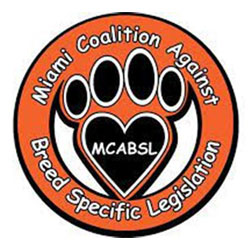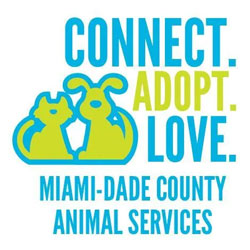Greenwashing is a term that is being loosely thrown around by companies to give consumers the impression that they are environmentally friendly, when in fact, they are not. It seems that almost all companies (95%) that claim to be eco friendly are greenwashing in some form or another. They are tricking the consumer by “empowering” them with the wrong information. For example, a company may claim its product to be chromium free. When in fact, chromium wasn’t a needed ingredient for the products manufacturing.
Don’t Get Caught in Greenwashing Lies
Educate yourself. Learn learn learn! Don’t hide under the sweet cloud of ignorance.
- Read labels and google the materials and ingredients.
- Look for companies with strong, valid certifications. Many are not ethical. Get to know your certifications. Example; The Sustainable Furnishings Council sounds great no? Well, it’s shameful. There is nothing sustainable about it because it’s backed by Patagonia, one of the largest and most unethical companies globally. They helped come up with the ridiculous and false term “responsible wool.”
- Where is their product manufactured? Are their rules and regulations in that part of the world protecting the environment and its workers?
- Don’t be misled by the false claims I mentioned above that have no relevance. “This amazing table is made without tropical wood!” Well in fact, it’s a metal table that never planned on integrating wood in its design. Capiche? (understand in Italian).
Is it Really Eco-Friendly?
- Take note of vague claims. Example: “We’ve reduced a significant amount of toxic paint in the production of this wallcovering.” You want to see hard stats in writing so you can check their validity.
- Don’t get starry eyed by impeccable marketing. Biophilia (designing with nature in mind) is the new trend. So when a company is touting a biophilic, eco-friendly rug made from leather, well there is nothing eco friendly about that leather (one of the most toxic industries globally).
- The company should be an open book and excited to share with consumers how they are respecting the planet and living beings with consumers.
Brands We Love. No Greenwashing
- Boll & branch Bedding & Sheets
- Nest Beds
- Dr. Bronners Cleaning Products
- Ege Carpets
- VeganDesign.Org Shop – everything from bedding to sofas, all non animal based (vegan), less toxic
- We at DiMare Design have a 100% eco conscious upholstery line called Arthur Avenue. Every material used is non animal based, reclaimed and ethical.
Why Do Brands Greenwash?
- They want to seem ‘approachable’ to consumers that would have otherwise dismissed their product. Just because a product is cruelty-free doesn’t always mean it’s ‘eco-friendly’ too. For instance; if they use palm oil in their products, where is it coming from? A large, palm oil company that is slaughtering the innocent Orangutan populations that depend on the oil palm tree for survival? Or, are they growing their own oil palm trees in order to preserve the planet and animals like Dr. Bronners for example.
- They’re money hungry. Companies will quite literally do anything they can to sell their product. And if that means not disclosing information on how green their product truly is/isn’t, then so be it.
Red Flag Terms for Greenwashing
- Eco-Friendly/Environmentally-Friendly: these terms don’t have any sort of ‘standard’ to go alongside them. Often brands can’t even explain WHY their product is considered to be one of these two terms. If they can’t explain themselves, they’re probably greenwashing.
- Sustainable: there is no consistent definition for this term. It can mean one thing to one brand but something completely opposite to another. There can be hidden tradeoffs/compromises in the process as well.
- Cruelty-Free: this term can be slapped on just about any product. But it won’t be considered legitimate unless it’s properly certified. So look for badges such as CertifiedCrueltyFree.Net, Leaping Bunny or Beauty Without Bunnies.
- Non-Toxic: this term is unregulated. That means it has no legal definition. Green & non-toxic products can still contain harmful ingredients.
- Biodegradable: just because something can biodegrade, doesn’t mean it will. It still has the potential to harm the environment unless it’s put in optimal conditions in which it is given the chance to biodegrade.
Terms That Might Confuse
- Biodegradable vs. Compostable: “While all compostable material is biodegradable, not all biodegradable material is compostable. Biodegradable materials return to nature. And they can disappear completely But, most importantly, they sometimes leave behind metal residue. On the other hand, compostable materials create something called humus. Humus (not to be confused with yummy chickpea dip 😊), is full of nutrients and great for plants.”
- Something labeled as “technically recyclable”: Technically doesn’t count in recycling. Even if a product is being recycled to form another, that new product may end up as a ‘dud’ and land itself in a landfill. The best way to avoid this issue is to use as many of your own products that can’t be thrown away. Use glass containers for bulk grocery items, reusable produce bags, water bottles/reusable cups at coffee shops, etc.
- “Ethical” Wool: there is no such thing. It’s a cruel, tragic industry. Sheep are tortured for their wool. Modern breeding and farming has created a gruesome and deadly profit-driven industry.” Secondly, wool, like all all industries whose product is derived from animals, is not sustainable. Excessive land and water are needed to graze animals that leads to increased soil salinity, erosion, and decreased biodiversity. The toxins created from the skins industry is one of the leading pollutants globally, more than car emissions.
- The term “Clean;” The fashion industry can be used as an example. An unnamed brand released a “clean clothing campaign” a few years back. But, no amount of greenwashing will change the fact that their workers don’t earn a living wage. Yes, greenwashing can mean exploiting humans as well, not just the environment or animals.
How Can You Help?
To sum up, you vote with your dollar. Brands will start to notice & wonder why their products aren’t selling as well as they used to. You friends and family can pick up on your buying habits as well. If you set a good example by purchasing actual ‘green’ products, they might follow in your footsteps!
Join our Facebook Community Design for a Non Toxic & Cruelty Free Home.
Check out our non-toxic and cruelty-free Amazon shop.
In case you missed it 🌸
Have you taken our newest beginner course?!
Learn more about the Online Nursery & Kids Room Design Course.
Need help creating a safe & healthy home for you & your family?
BOOK US for a 20-minute call!
Need even more family-friendly home design tips?
Meghan Markle and her choice of nursery paint.
Read more about pesticide-free Gardening Know How
How a good desk chair will improve back pain.
How to protect our marine life ocean plastic.
Best Materials for a Kitchen Backsplash Remodel.
What are volatile organic compounds (VOCs)?
How time in nature can improve our mental health and sharpen our cognition?
Why should I be concerned about lead poisoning?
31 Kitchen Color Ideas to Elevate Your Cabinetry Without a Full Remodel.
Just a heads up, this article may contain links to affiliate sites, products or services. If you purchase something through one of those links, you won’t pay a penny more! The affiliate simply provides us with a small commission which helps us fund our operations, promoting healthy & compassionate interior decorating.
Share this with friends!
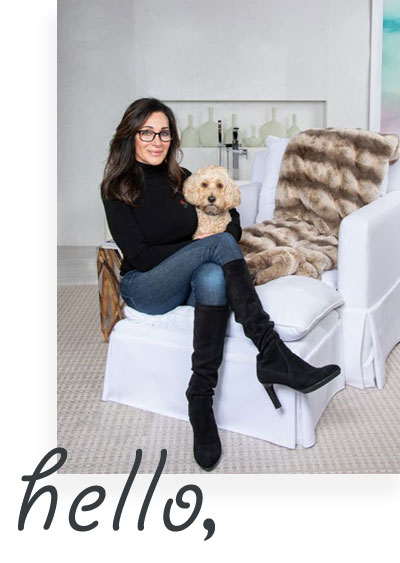
I’m Deborah! My mission is to show others by demonstration, that no living being, human & non, be sacrificed for beautiful, non toxic, healthy & durable furniture & decor. More about me.

